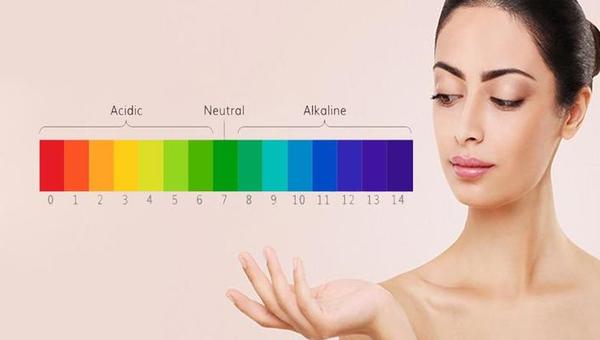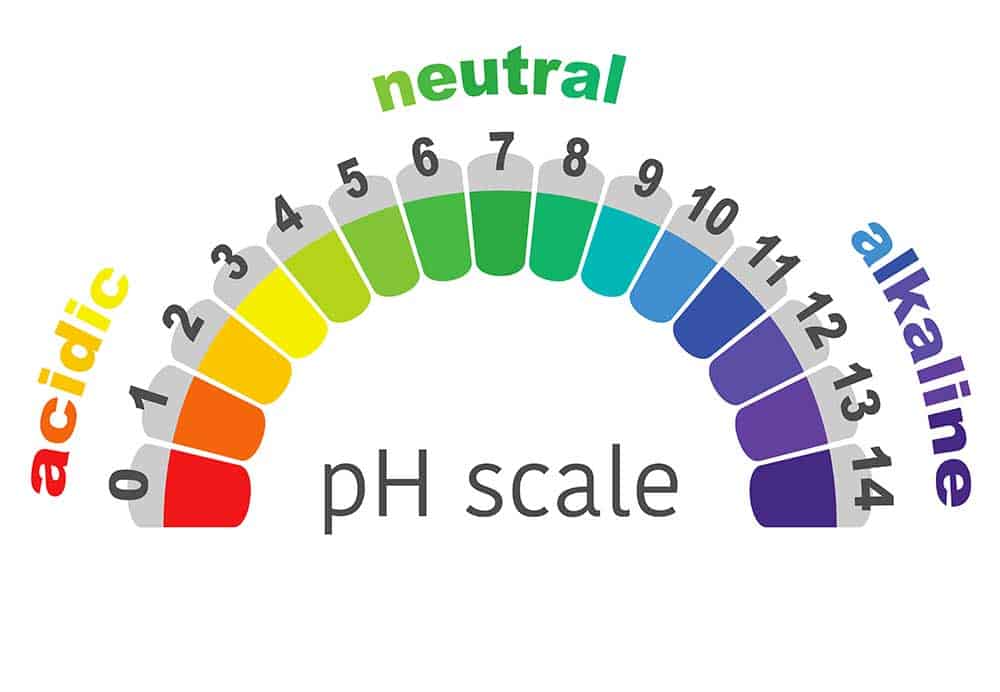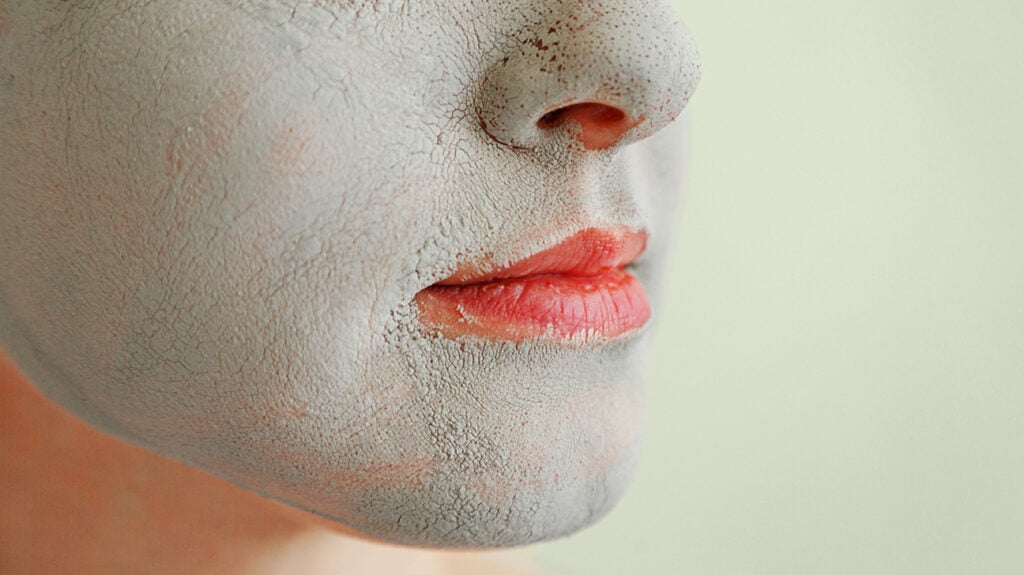How to Understand Your Skin's pH Balance and Why It Matters
Your skin, the body's largest organ, is a complex ecosystem with its own set of rules. One crucial aspect of this delicate balance is the skin's pH level. Understanding your skin's pH is more than a skincare trend; it's a fundamental key to maintaining healthy, radiant skin. In this comprehensive guide, we will explore what pH is, why it matters for your skin, and how you can ensure your skincare routine aligns with this vital aspect of skin health.
1. The Basics: What is pH?
pH 101
pH stands for "potential of hydrogen," and it measures the acidity or alkalinity of a substance on a scale of 0 to 14. A pH of 7 is considered neutral, while values below 7 are acidic, and values above 7 are alkaline. The skin's natural pH is around 4.7 to 5.75, making it slightly acidic.
2. The Acidic Skin Mantle: Why Your Skin Loves Acid

Understanding the Skin's pH Range
The skin's natural acidity, often referred to as the acid mantle, serves multiple essential functions. It acts as a protective barrier against harmful bacteria, environmental pollutants, and potential irritants. This slightly acidic environment also supports the skin's microbiome—the community of beneficial bacteria living on the skin's surface.
3. Why pH Matters for Your Skin

Maintaining the Balance for Healthy Skin
The skin's pH balance plays a crucial role in maintaining its overall health. When the pH strays too far from the natural range, the acid mantle weakens, making the skin more susceptible to various issues. Imbalances can lead to dryness, inflammation, and an increased risk of infections. Therefore, understanding and preserving the skin's pH is paramount for achieving and maintaining healthy, radiant skin.
4. Factors Influencing Skin pH

Internal and External Contributors
Several factors can influence the skin's pH. Internally, genetics, age, and hormonal fluctuations play a role. Externally, the use of skincare products, exposure to harsh environmental conditions, and dietary choices can impact the skin's pH balance. Being mindful of these factors allows for a proactive approach to skin health.
5. Choosing pH-Balanced Skincare Products

The Art of Skincare Selection
One of the keys to supporting your skin's pH balance is choosing skincare products wisely. Opt for products labeled as pH-balanced or formulated to match the skin's natural acidity. Harsh cleansers and overly alkaline products can disrupt the skin's delicate equilibrium, leading to potential issues. Understanding ingredient labels and their impact on pH empowers you to make informed choices for your skincare routine.
6. Daily Habits for pH-Healthy Skin

Balancing Acts in Your Routine
Incorporating daily habits that support your skin's pH is essential for long-term skin health. Start with a gentle cleanser that maintains the skin's natural acidity. Follow up with pH-balanced toners and moisturizers to further nurture the skin. Additionally, avoiding excessive sun exposure, staying hydrated, and adopting a balanced diet contribute to overall skin well-being.
7. DIY pH Testing at Home

Empowering Yourself with Knowledge
Curious about your skin's pH? You can perform a simple pH test at home using pH strips, readily available at pharmacies. Testing different areas of your skin can provide insights into potential variations and help tailor your skincare routine to address specific needs.
8. Myths and Facts about Skin pH

Separating Fiction from Reality
There are several myths surrounding skin pH, such as the idea that all acids are harmful. In reality, some acids, like hyaluronic acid and certain fruit acids, can be beneficial for the skin. It's essential to discern fact from fiction and embrace science-backed information when navigating the realm of skincare and pH balance.
Conclusion:
In the intricate world of skincare, understanding your skin's pH is a cornerstone of achieving and maintaining healthy, radiant skin. From the protective acid mantle to the impact of internal and external factors, every aspect plays a role in the delicate equilibrium of your skin's pH. By selecting pH-balanced skincare products, adopting healthy habits, and dispelling myths, you empower yourself to nurture your skin from the inside out.
In essence, caring for your skin's pH is more than a skincare routine; it's a commitment to the overall health and resilience of your skin. As you embark on this journey, armed with knowledge and mindful choices, you pave the way for a complexion that not only looks good but also feels good.
FAQs
Q. Can using acidic products harm the skin's pH balance?
Ans: Not necessarily. Some acids, like hyaluronic acid and certain fruit acids, can be beneficial for the skin. The key is to choose products that are formulated to be pH-balanced or that align with the skin's natural acidity.
Q. How can hormonal fluctuations affect the skin's pH?
Ans: Hormonal fluctuations, especially during puberty, menstruation, or menopause, can influence the skin's pH. Increased oil production or changes in skin hydration levels may occur, requiring adjustments in your skincare routine to accommodate these shifts.
Q. What are common signs of an imbalanced skin pH?
Ans: Signs of an imbalanced skin pH include dryness, redness, inflammation, and an increased susceptibility to infections. Monitoring your skin for these signs allows for early intervention to restore balance.
Q. Can dietary choices impact the skin's pH?
Ans: Yes, dietary choices can influence the skin's pH. Consuming a balanced diet with a variety of nutrients supports overall skin health. Hydration and antioxidants from fruits and vegetables contribute to maintaining a healthy complexion.
Q. Is it necessary to perform a pH test at home?
Ans: While not necessary, performing a pH test at home can provide insights into potential variations in different areas of your skin. It can be a helpful tool for tailoring your skincare routine to address specific needs and maintaining optimal skin health.








